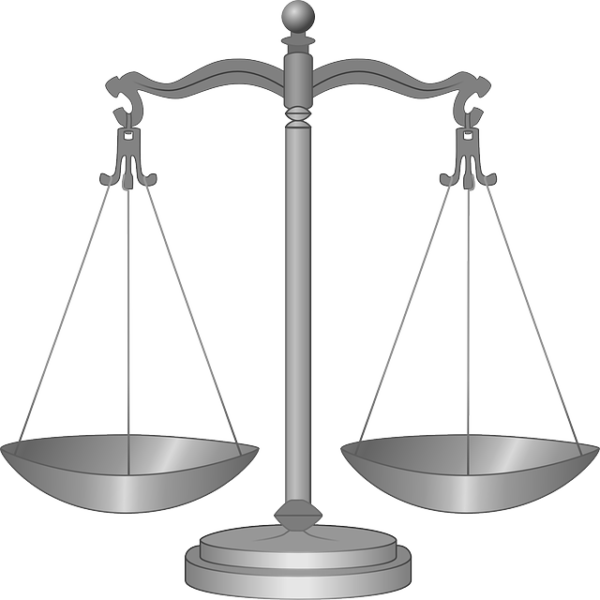Read our article on 5 reasons for dismissal
There are 5 legal reasons for dismissal
Conduct, capability, redundancy, statutory duty and some other substantial reason
Always follow the correct process (check your handbook if you’re not sure)
No one particularly likes conflict, and we would always recommend employers try to resolve any concerns about employees using informal methods, but sometimes it’s not possible or the informal approach just hasn’t worked, and the employer then needs to consider disciplinary action and possibly dismissal.
Dismissal of an employee occurs when:
- The employer terminates the contract of employment
- A fixed term contract comes to an end
- The employee resigns because of the employer’s conduct
Where an employer dismisses an employee, the employer must make sure they act reasonably and they must dismiss for one of five legal reasons:
- Conduct
- Capability
- Redundancy
- Statutory Duty
- Some Other Substantial Reason
Today we’re going to explore what each of these reasons means in plain terms.
Statutory Duty Dismissal – where the employee is unable to do their job due to legal reasons – for example a driver who has lost their licence, a worker from abroad who loses their right to work in the UK, or a solicitor that is disbarred from practicing.
Redundancy Dismissal – we’ve talked a lot about redundancy in our recent blogs, webinars and videos, but to recap for a redundancy dismissal to be fair and lawful the job must cease to exist – that could either be because the employer stops trading, the role is no longer required, or the location of the role is no longer in use. Redundancies can be subject to strict consultation timeframes and can be complex where a selection process is required so do seek advice before proceeding.
Some Other Substantial Reason Dismissal – this is a term used for a wide range of situations, such as a personality clash meaning employees cannot work together, third party pressure (a client refuses to work with an employee), or an employee refusing to agree new terms & conditions of employment. The reason for the dismissal needs to be ‘substantial’, it can’t be insignificant or trivial.
Capability – where an employee cannot do their job, for whatever reason, an employer may dismiss for reason of capability. This could be where an employee has developed a long standing medical condition that means they can no longer work (although care must be taken not to discriminate where an employee has a disability); the employee just doesn’t have the right aptitude for the job, despite training; or the employee has declared a qualification that they actually don’t have and are therefore not qualified for the role.
Conduct – where an employee commits an act of misconduct, serious misconduct, or gross misconduct, or despite having the capability to do their job, they simply won’t perform to the required standard, an employer may look at dismissing on the grounds of conduct.
Regardless of the reason an employer has for dismissing an employee, its important they follow their correct procedure. Possible consequences of dismissing without following procedure, or without having a legitimate reason could be tribunal claims for unfair dismissal, automatic unfair dismissal, wrongful dismissal or constructive dismissal.
Do you have questions about dismissal?
Give us a call at CUBE HR, we’ll be happy to advise you and we have policies and templates available to meet every HR need.
Why not check out our other blog on the same topic Termination – 3 Things You Need to Know
You can also watch a range of other videos on our YouTube channel




